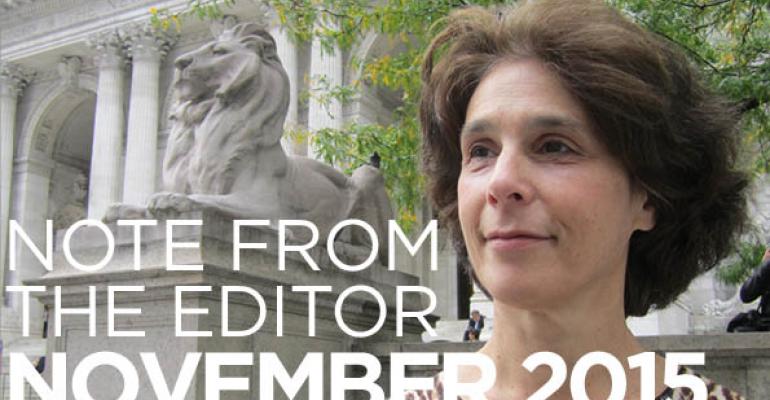If you have clients who live abroad or have international assets, you should be aware that some countries have made changes, or are in the process of changing, their income tax and trust laws. Our International Practice Committee Report provides updates on developments in Japan (the new exit tax), Russia (the De-Offshorization and Taxation of Foreign Trusts law) and the United Kingdom (the U.K. Summer Budget 2015). And, to round off our report, Barbara R. Hauser explains what it takes for your client to be considered a “citizen” of different countries, in “Who Am I?” p. 34.
There have been some recent developments back in the United States as well in an attempt to keep up with technological changes. The Uniform Law Commission (ULC) issued a revised version of the Uniform Fiduciary Access to Digital Assets Act (UFADAA), which reorganized the original UFADAA and revised almost all of its provisions. It aims to ensure that a fiduciary has access to digital assets necessary to enable the orderly administration of a decedent’s estate. In “You Can’t Always Get What You Want,” p. 25, Suzanne Brown Walsh, Benjamin Orzeske and Turney P. Berry (all members of the Fiduciary Access to Digital Assets Committee of the ULC) review the key concepts in the revised UFADAA. And, those who want more in-depth information about the revised UFADAA can register for a webinar presented by the three authors on Nov. 3 at 2 p.m. (EST), titled, “The New Fiduciary Access to Digital Assets Act.” Don’t worry if you can’t catch it live, as our webinars are always archived for one year on wealthmanagement.com.
Changes in technology have also made it possible for children to be conceived after the death of one or both parents. “Children Conceived After Death,” p. 21, by Jonathan Rikoon, discusses state statutes and court decisions on the inheritance rights of those children.


